About us
Here’s our path to ethical and sustainable production. Inês Correia is an Environmental Engineer based in Portugal who dedicates her career to water pollution and management projects in the UK and Namibia.
Mother of 2 daughters, she is passionate about exploring solutions that have a real positive impact on the environment and people’s lives.
Start where you are.
Do what you can.
With what you have.
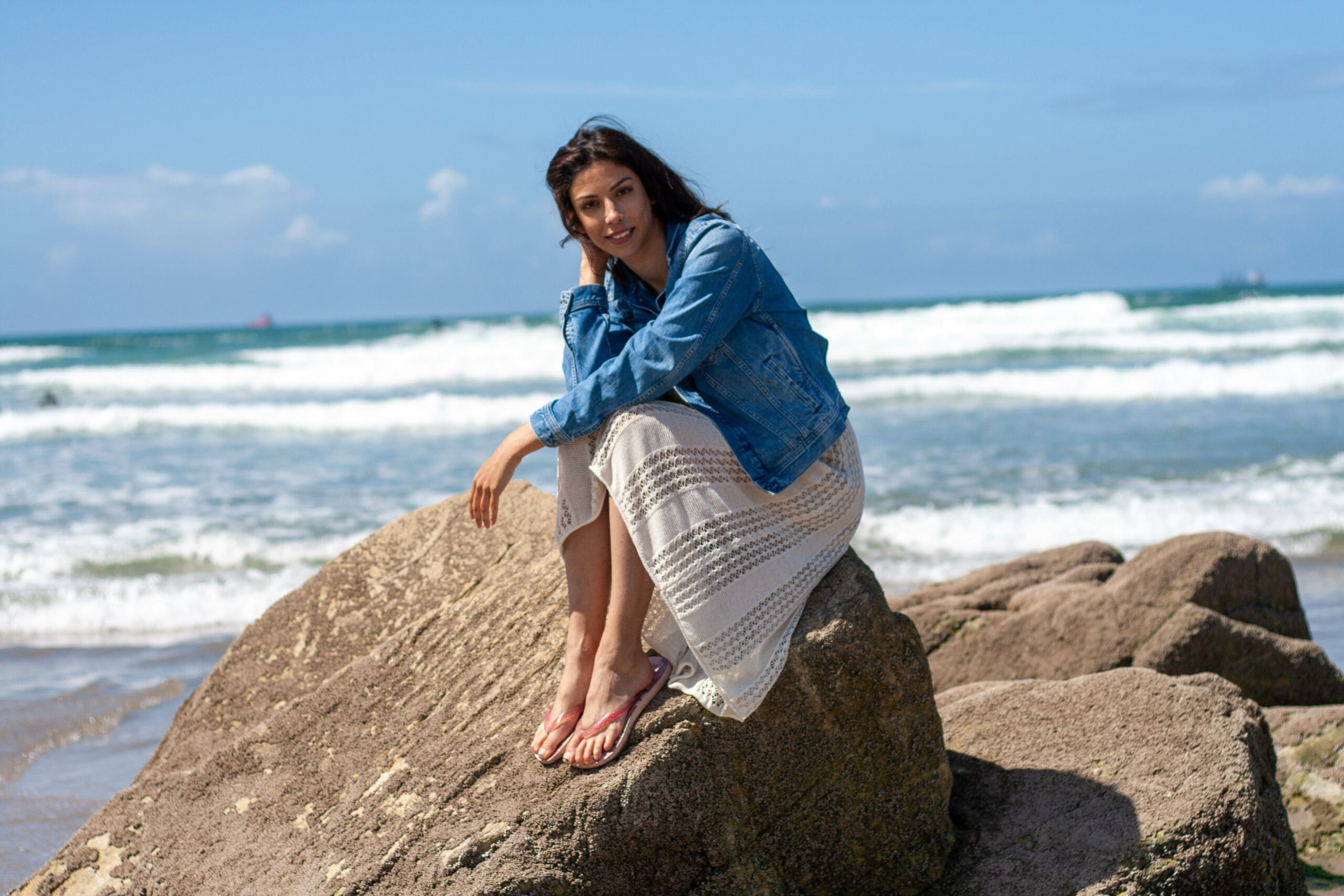
“I first used cloth diapers when my eldest daughter was born, having used many types and materials of cloth nappies. Although the overall experience was positive, I realised the adjustment mechanism to fit well babies from newborn to toddler could improve.
When I had my second daughter, the eldest was still 18 months. So I developed our own adjustment system that could comfortably fit the newborn and the eldest, while being leak proof even at night time.
For over 1 year I have designed, stitched and tested over 30 different prototypes at home until we were fully happy with it. We were able to test the fitting against the two extremes of sizes and body shapes. I was surprised myself with the level of comfort and absorbency achieved in babies with such different sizes.”
Reusable nappy ≠ Sustainable nappy
“During this journey, I realised how much greenwashing was used to promote modern cloth nappies. ‘Eco-friendly’, ‘natural’, ‘bamboo’ inserts and liners are actually viscose / rayon bamboo, which is a regenerated cellulosic fibre, not a natural one, and which production method can be highly pollutant to the environment.
‘Microfiber’, ‘microfleece’ and ‘stay-dry’ inserts are actually made of virgin polyester and associated with synthetic micro plastics release in the wash.
As a mother and as a consumer, I feel that parents deserved more transparency on what we are really buying.
We took the commitment to develop every product, thinking of its practicality, durability, sustainability and circular economy as core pillars.”
Our Artist
All our unique watercolour prints are hand-painted by Bonita Cor Atelier by Ana Figueiredo. Ana is a graduated artist based in Portugal, who dedicates her passion to painting outstanding illustrations in acrylic and watercolour. Her collaboration with PICO TANGO was inspired by the beauty of our oceans and nature, with a touch of colour to represent the happiness of childhood.
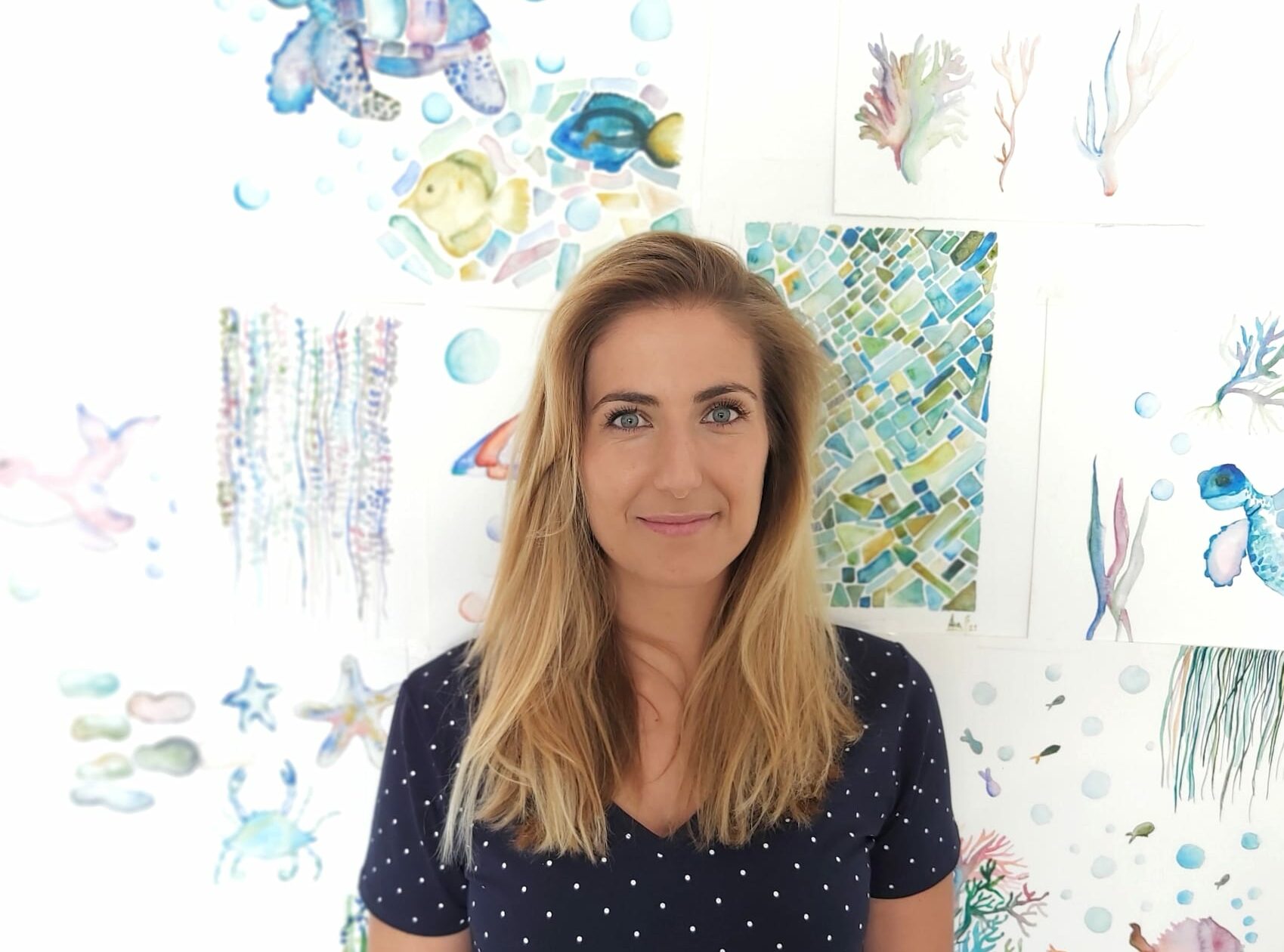
Made in… Made how?
We are committed to ethical practices along the entire business, setting standards for cloth nappy manufacturing worldwide. Every part of our products and processes ensure safe, honest and clean conditions with the upmost respect for the environment.
Our products are ethically produced in Portugal, where we can ensure that the industry respects people and the environment, and that the facilities follow the highest safety and environmental standards. We’re proud to work with local mills in the north of Portugal and to have manufacturing in Maia by local seamstresses who we love.
We value skill, knowledge, art, creativity and dedication in the people that make this business possible.
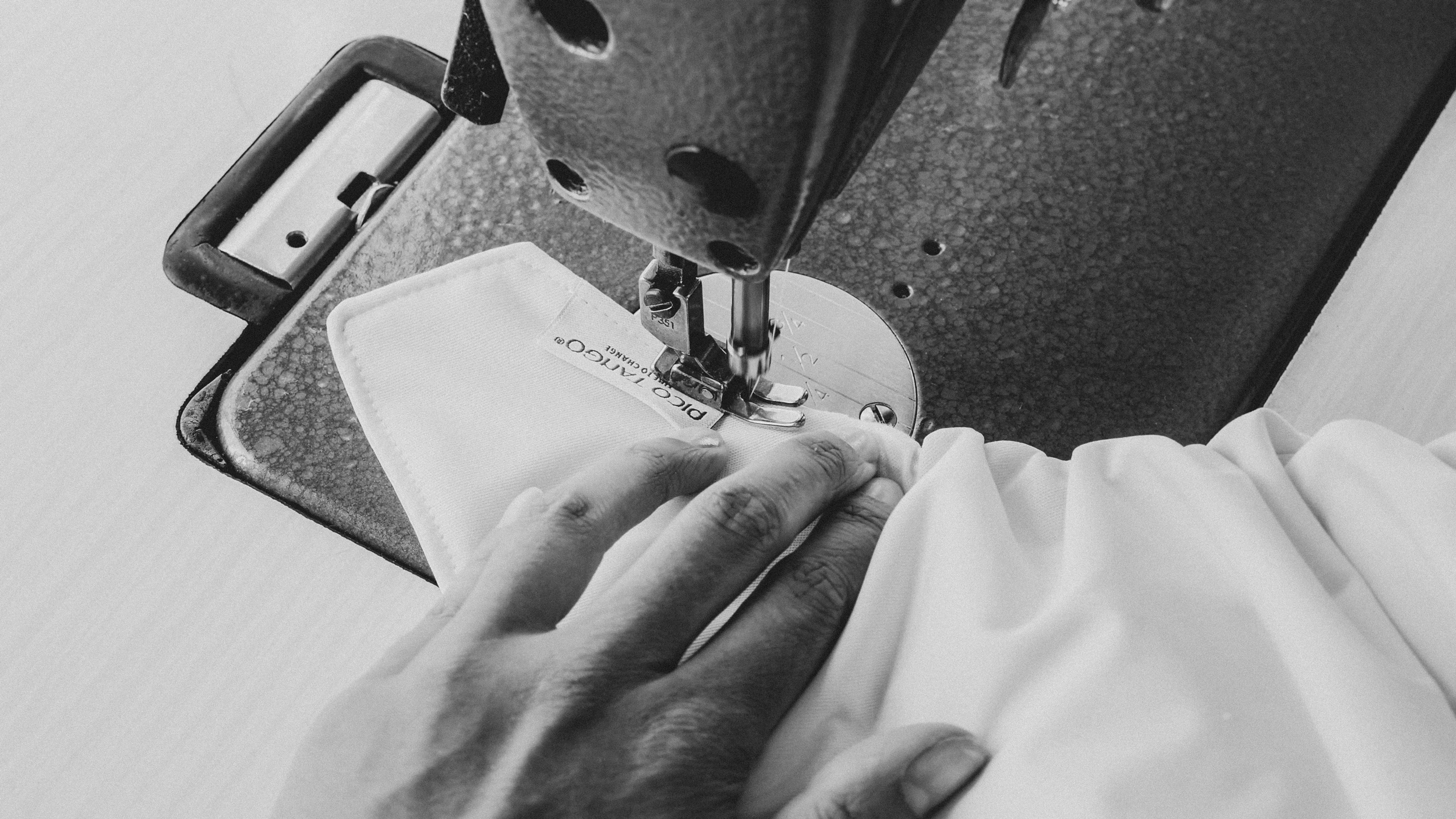
Our commitment
We are committed to designing and producing sustainable and ethical products and services that boost circular economy.
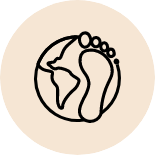
Footprint
We minimize our carbon emissions by: Sourcing all our fabrics in Portugal and Spain. Producing all goods in Portugal. Offering a buy back scheme of second hand cloth nappies. Having our own initiatives in place to significantly reduce and recycle our material offcuts.
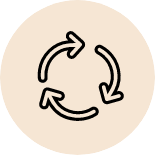
Supply chain
85% of our materials are sourced locally in Portugal, 11% are sourced from Spain and 4% from China. Research, design, development, production, quality control, dispatch and customer services are all undertaken in Portugal.

Materials
We proudly use upcycled marine plastic, organic cotton and Tencel fabrics. We ensure that all material suppliers provide the necessary certification, including Seaqual, OEKO-TEX and Global Recycled Standard to ensure sustainable business practices.

Packaging
We use 100% recycled paper in our cards. All paper packaging is unbleached, reusable and recyclable. All plastic packaging is 100% recycled, reusable and recyclable.
